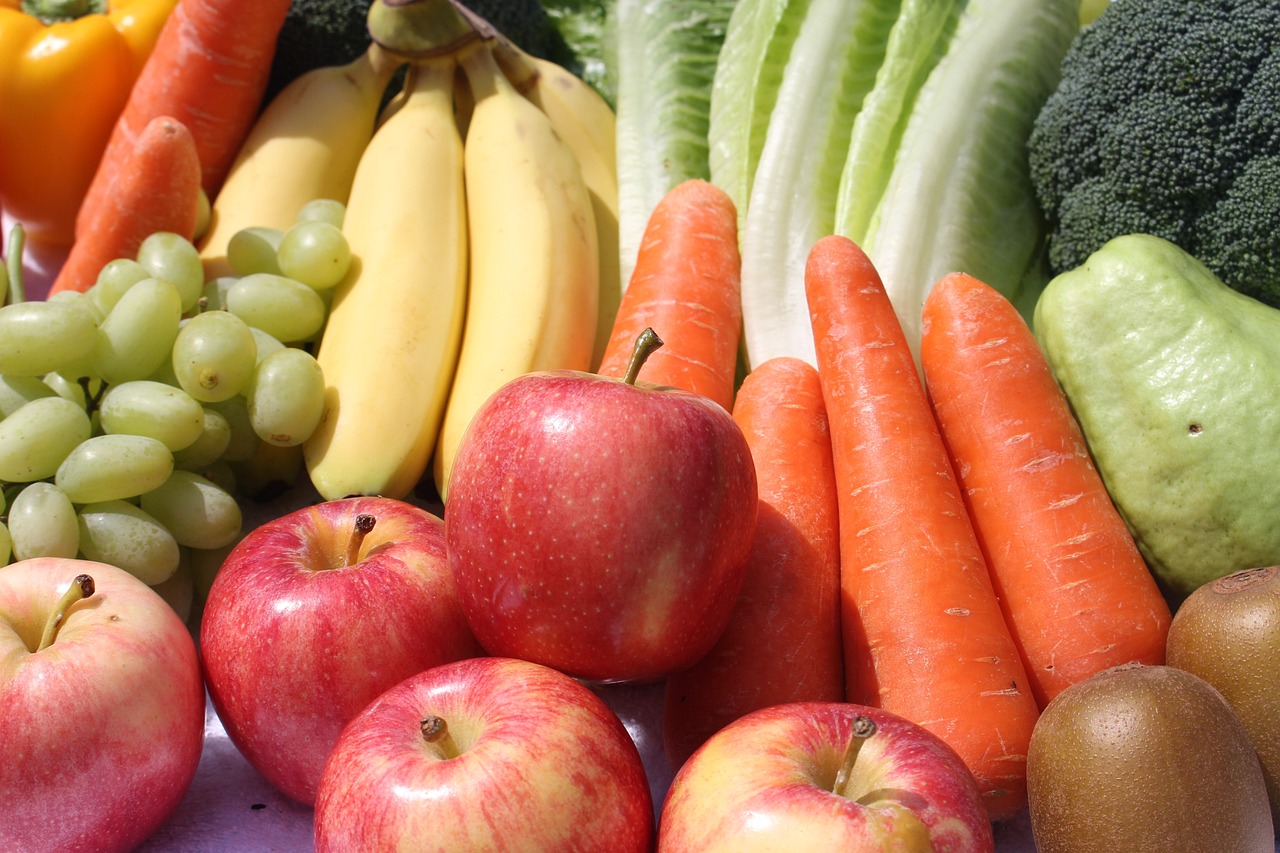News release
From:
Plant-based diets may increase health-associated gut microbes
Consuming more healthy plant-based foods could increase the proportion of gut microbes that favour human health, a study in Nature Microbiology suggests. The findings are based on an analysis of more than 21,000 vegans, vegetarians, and omnivores.
Diet and human health are known to be strongly linked, with previous research indicating that diets low in plant-based and higher in processed foods have a higher risk in cardiovascular disease, type 2 diabetes, and cancer. However, how plant-based diets can shape gut health (and subsequently overall body health) remains unclear.
Nicola Segata and colleagues analysed the microbiome and self-reported dietary pattern data from 21,561 individuals from the UK, US, and Italy who consumed either vegan, vegetarian, or omnivore diets. They found that the gut microbiomes of omnivores contained more species of microbes than vegetarians and vegans, with no significant difference between the latter two diets. Omnivores were found to have microbes in their gut that aid meat digestion, such as Ruminococcus torques, Bilophila wadsworthia, and Alistipes putredinis, which are generally associated with poorer cardiovascular and metabolic health. Those who consumed a vegan diet had more microbes associated with fruit and vegetable consumption, which contribute to the production of short-chain fatty acids that are essential for gut and cardiometabolic health. Vegetarians had an intermediate microbial signature between vegans and omnivores, and the greatest abundance of microbes that are linked with these food types. The authors also found that independent of the diet pattern (vegan, vegetarian or omnivore), the amount of healthy plant-based foods in the diet can increase the proportion of gut microbes that favour health.
The authors conclude that consuming high amounts of healthy plant-based and fibre-rich foods may select for microbes related to good health. However, they note that future research should use more diverse populations.



 International
International


